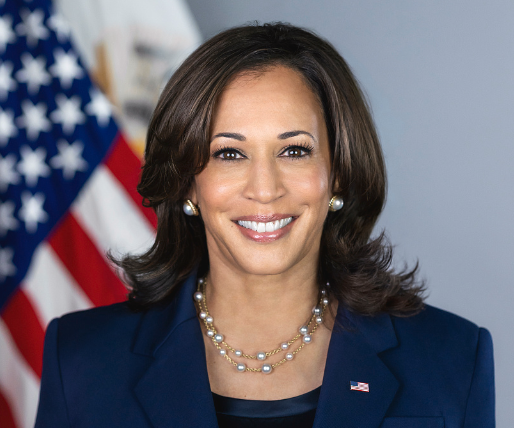$SPY $BTC $DJI
#Economy #StockMarket #FederalReserve #Recession #InterestRates #Inflation #TaxPolicy #Crypto #KamalaHarris #DonaldTrump #GDP #Elections
Vice President Kamala Harris and former President Donald Trump both recognize the importance of the economy in their respective campaigns for the 2024 U.S. presidential election. As economic issues often dominate voters’ minds, Harris and Trump have focused much of their political messaging around creating solutions for economic growth, job creation, and inflation reduction. This focus comes at a time when the U.S. economy has seen consistent resilience, with low unemployment levels, sustained consumer spending, and stock markets regaining footing after multiple shocks over the past few years. However, addressing an economy that appears to be trending upward is both an asset and a potential challenge for the next president. While a “booming” economy could make it more difficult to argue for drastic course corrections, it also requires cautious handling to avoid overheating or creating bubbles in key sectors, such as technology or real estate.
The U.S. stock market, especially assets like $SPY and $DJI, has shown significant recovery as inflation seemingly edges lower and the Federal Reserve carefully navigates interest rate hikes. Corporate earnings reports have been more positive than initially projected earlier this year, and the S&P 500 has largely shrugged off recession fears. Meanwhile, cryptocurrency markets, led by $BTC, have followed a similar trajectory of recovery. This is in part due to companies adapting faster than expected amid supply chain challenges and shifts in consumer demand. Yet, there’s still an underlying worry about long-term risks, particularly in relation to geopolitical conflicts, energy prices, and global interest rate trends. The next president, whether Harris or Trump, will need to strike a delicate balance in ensuring that the positive momentum isn’t disrupted by policy missteps on trade or taxation, both topics that could affect market sentiment.
The Federal Reserve will continue to play a major role in determining the direction of both inflation and long-term economic stability. Harris and Trump’s positions on fiscal policies, tax reforms, and spending will need to account for the Fed’s outlook on future interest rate hikes, as well as broader monetary policy stances. There’s a notable risk for whoever takes office in having to deal with a potential hard landing should inflation flare up once again, or if global issues severely impact U.S. growth. For example, rising oil prices could trigger another bout of inflation, making monetary policy less effective if constrained by external forces. Both candidates will need to clarify their plans to stimulate economic growth through sectors such as green energy, infrastructure, and digital technology, while still keeping an eye on the potential risks of over-leveraged areas of the economy.
For investors, the political landscape may hold significant implications, specifically in terms of regulatory approaches toward industries like Big Tech, energy, and cryptocurrencies. Harris may advocate for increased regulation in some tech sectors, while Trump might support deregulation as a means of spurring innovation and economic growth. Additionally, tax policy will play a crucial role in shaping corporate profits, market performance, and overall consumer confidence. Long-term investors in funds tracking the broader U.S. economy, such as those holding $SPY, $DJI, or even $BTC, will need to remain alert to policy shifts that could affect inflation, interest rates, or sector-specific measures. With the possibility of an already strong economy becoming an even larger political football, both candidates need to present practical and forward-thinking economic strategies if they wish to win over key voters and market participants alike.











Comments are closed.